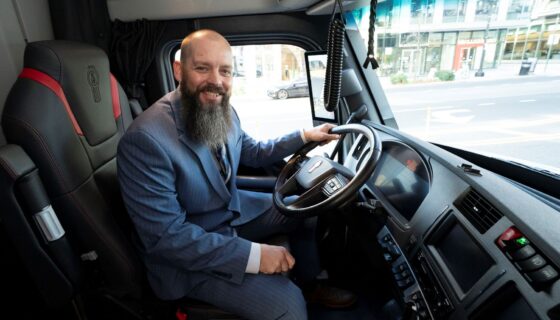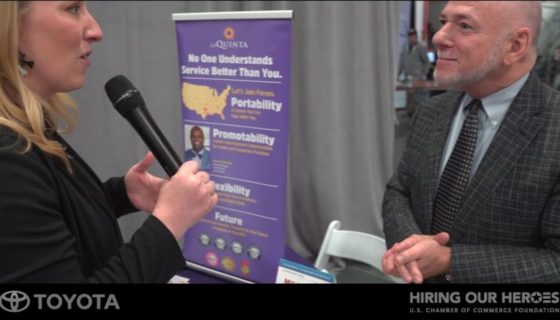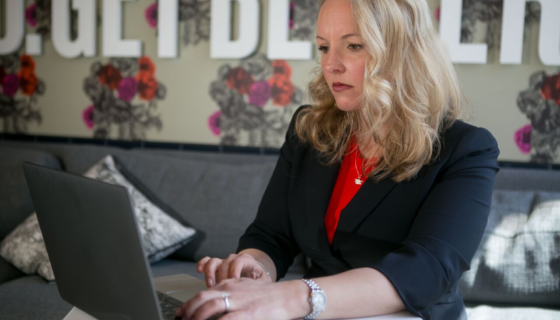Change Starts at Home: Paving a Path for Military Spouse Hiring


Join Medal of Honor recipient and Toyota Personal Branding Ambassador Sergeant Dakota Meyer as he sits down with Starbucks’ Director of Global Social Impact Jen Bibby, as she shares lessons the company has learned during its journey to build a highly-effective veteran and military spouse hiring program.
This summer Starbucks joined Hiring Our Heroes to announce a nationwide effort dedicated to hiring 100,000 military spouses over the next three years. But the company’s commitment to military families has a rich history, and along the way, Starbucks has identified key lessons and best practices:
Change starts at home: Make a hiring commitment
Not only does Starbucks want companies of all sizes and industries to realize what an invaluable resource military spouses are and commit to hiring them, the company has itself made a sizeable commitment to veteran and spouse hiring. In 2013, Starbucks announced its intention to hire 10,000 veterans and military spouses. After reaching that goal a year ahead of schedule, Starbucks decided to take that commitment further. Now, the company plans to hire 25,000 veterans and military spouses as Starbucks “partners” or employees. Starbucks is on track to meet this promise; recently, the number of confirmed hires topped 15,000.
Build a presence in military communities
Starbucks’ support goes well beyond hiring from the military community to fill open positions. To maximize job availability and location convenience, Starbucks has “made a commitment to open military family stores in every military community across the country.” With 41 stores open so far, the company is on its way to meeting that goal. “We want military families to know that they have a place to belong,” says Bibby.
Hire and retain military spouses
Asked about top tips for companies looking to hire and retain military spouses, Bibby points to the importance of being “flexible, adaptable, and hav[ing] a footprint where you can both accommodate transfers and promote professional development.” Flexibility, such as developing pathways for employees to work remotely, combined with professional development opportunities can translate to a meaningful rise up the career ladder.
Subscribe to the HOH Sitrep Podcast on iTunes, Google Play, or your favorite podcast service and never miss an episode!



